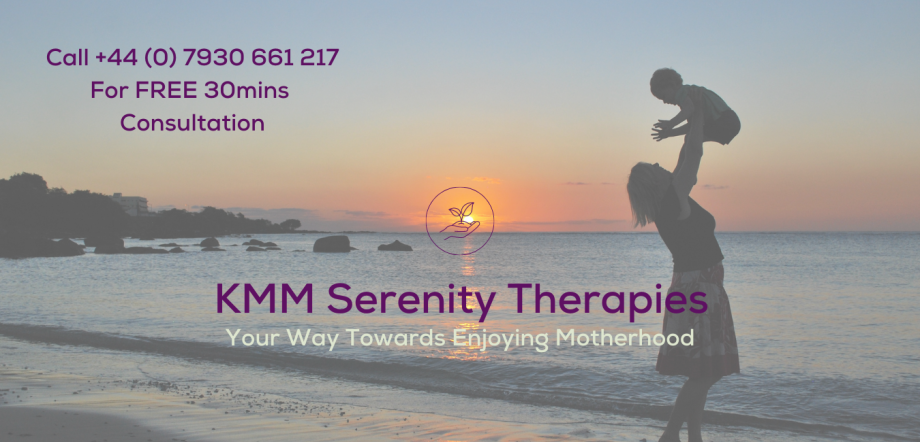Why play is as important for parents as it is for children
When we use the term play, generally people associate it with children, pets or a romantic engagement, but there is so much more to it and what’s more play and playfulness is vital for our mental well being. There is fair amount of research into the importance of play, but the results don’t seem to be filtering down to the general public nor the school system. Currently, children have the least free play time they ever had and that’s taking into consideration days of child labour. Nowadays in the UK, many children start formal childcare before they even turn one and most activities they are exposed to are either adult led or at least adult supervised, free play is hard to come by. This has been an issue for a couple of generations now and it shows. We don’t know how to play, lack imagination and are self conscious about being seen in such free state of being. Our curiosity, our ability to flow freely and be present in the moment, our confidence and our creativity are paying the price for the focus on structured learning, memory building and assimilation into the society. There is hope though, as long as there is a breath in your body, you can be free to play again. Here is how you can unlock your playfulness and release your inner free child.
To start with, carve out a specific time for free play, allow at least an hour. Once you are able to step into your playfulness easily, you’ll be able to switch it on any time anywhere, but if you are still new to this concept, it’s good to have a little structure to ensure it actually happens. If you have children or pets, the next step is likely to be a bit easier, but you can certainly do it alone or with another adult(s). Once your ‘hour’ arrives, switch off all electronics and let go off all to do lists, bring your mind to the present by noticing the world around you with all your senses. This will work whether you are outdoors or indoors. Notice what you can see, what you can hear, smell, taste and touch. Do not pass judgements on these perceptions, just notice them. If you have a pet or a child with you, just follow their lead. Observe them, stay present with them and join them when invited. As long as everyone is safe, do not suggest, help, organise, advise them, just be with them.
If you are alone, notice your body and what it feels like doing, you might feel like moving in a certain way, dancing, singing, spinning, whatever it is, go with it. Maybe an object near you catches your eye and invites closer observation or play, approach it with open mind and curiosity.
The next step, is to notice how you are feeling, what chatter does your mind comes with, what are your compulsions. Note all of these, so you can analyse, process and let go off later. You can bring these observations to your therapist if you have one or discuss with a trusted friend. This is where our barriers to freeness often come up. Watch out for feelings of discomfort, embarassment, self-consciousness, irritation, anxiety, impatience, compulsion to control the situation, the feeling that you are wasting time etc. All of these and more are signs that your mind is fighting the discomfort the unfamiliar experience brings. The best thing you can do, is to stay present with the feeling, observe it without getting pulled into its story and continue playing (whatever that means in that moment). The feelings will pass and if you practise this few times, your neural pathways will slowly be rewired and playing will become as comfortable as it is for small children before they are tied up by the education system.
All you need to play is time and yourself. Toys, arts and crafts, sport equipment, playgrounds are all good but truly not necessary. You can train your imagination muscle by finding fun and interest in whatever is. Play can have practical and useful result as well as beautiful and creative one, but that is just a bonus. It is the process that is important here. When we play in the true sense of the word, we connect to our souls, to the deepest parts of ourselves, we wake up our curiosity and creativity, we let go off the mind’s chatter and relax into the moment, completely absorbed in it, losing sense of time or even the reality around us. We truly are. This state of weightless being is very restful for our busy minds, it give us time to process, to recover, to catch a breath. Stress cannot exist in this state, we are therefore interrupting the near constant flow of cortisol and adrenaline generated by our busy life styles and endless responsibilities. The free inner child when let to take charge, will bring us joy and freedom of being. Of course she can’t be in charge 24/7, someone has to take care of the necessities in life, but the more time you are able to give her without compromising what needs to be done, the happier and healthier you will be.
As parents we have access to a gold mine of playfulness through our children, unless we kill it in them too by being overly controlling and directive. You should have a very little say in how your child plays in the first three years for sure and not. Much more as they grow. Our job as a parent is to provide a safe environment and an opportunity to explore new spaces and then just leave them to it. This is very much the Montessori philosophy, which I’d really recommend having a look into if you are not familiar with it yet. It can be tempting to pull out flash cards with new words and letters, to practice counting, to focus on activities that show your little one is hitting some prescribed milestone, but truly the best thing you can do for their development is to lay few things out for them to choose what they want to explore, take them out into the woods and let them look for bugs under the logs and to smell the flowers, get them a stool and involve them in cooking, washing up and other house hold activities. Children are wired to learn how to be a human by observing you and they learn who they are in this world by interacting with their environment. If you interrupt that process by directing their play, instead of discovering who they are, they are learning how to be who they are expected to be. If you are struggling to play now, that is exactly what happened to you. Based on my own experience as a therapee as well as a therapist, I can safely say, that the inability to play is likely only one of many issues arising from authoritarian upbringing. One of the best things you can do for your child and yourself, is to learn how to play again and how to engage in play with others without taking over, directing or organising.
Maybe you were lucky and never grew up out of your playfulness, you are an amazing gift to the world and hopefully you’ll be able to share it with others and allow your easy joy to spread. However, if like me you are finding it hard to let go and just be playful, don’t despair, with some conscious effort to start with and plenty of practice, you will find that space within you too. The free child is within every one of us, all we need to do is to let her out every so often.



